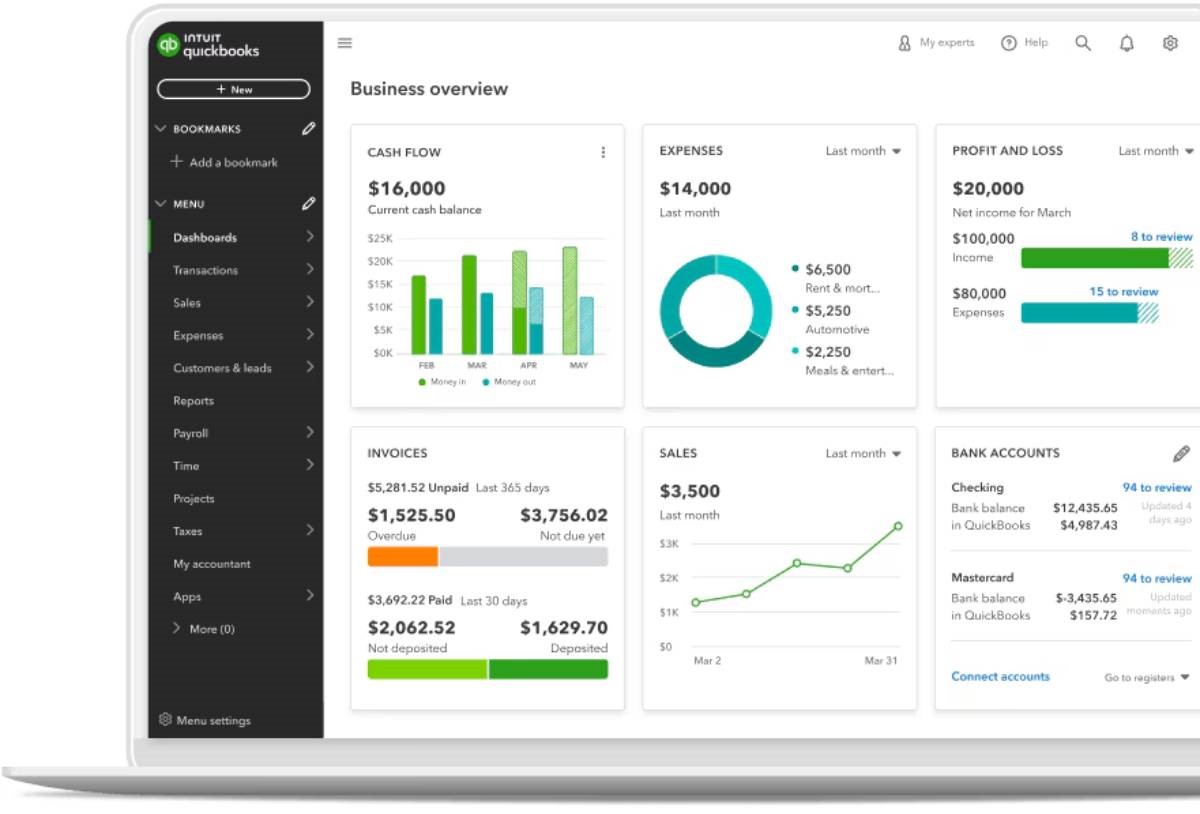The Travel Blog

Registering a Business Abroad as a Nomad
You’ve traded in your morning rush for sunlit shores and corporate chains for your calendar. As a digital nomad entrepreneur, you’re living the dream—until the realities of a cross-border business bite. Registering your company overseas can feel hard, but it brings freedom, flexibility, and legitimacy.
Your legal and financial foundations are key. Whether you’re freelancing at a café in Lisbon or running a startup across time zones, they matter. The right international business setup can save you from tax issues. It can boost your professional status and ensure you stay compliant, no matter where you are.
This guide is your compass, navigating you through the why, where, and how of registering a business abroad as a nomad. Expect relatable stories, expert insights, and straightforward language to light the way.
Why Register a Business Abroad?
From Freelancer to Founder
Let’s start with a relatable moment. You’ve just landed a high-paying client who asks, “Can you invoice through a company?” Cue the panic. You can use your personal PayPal account, or you can share your company’s info. Just include the registered address and tax ID. See the difference?
Moving from informal freelancing to having a formal business structure helps:
- Build client trust and win bigger contracts
- Open business banking accounts
- Access payment gateways (Stripe, PayPal Business, Wise)
- Separate personal and professional liability
Strategic Tax Positioning
Some countries, mainly in Europe and Asia, have tax systems that attract foreign entrepreneurs.
By registering strategically, your remote startup might benefit from:
- Lower corporate tax rates
- Tax exemptions or deferrals
- Avoidance of double taxation
Of course, this isn’t about evading tax—it’s about planning smartly and legally.
Legal Protection and Scalability
Operating as a sole trader might work early on, but growth brings complexity.
Registering a company lets you:
- Limit your personal liability
- Protect your brand and assets
- Employ contractors or remote staff
- Work with investors or partners
Think of it as putting your house on a firm foundation.
Choosing the Right Country: What to Look For
There’s no one-size-fits-all answer. Your perfect business base depends on your goals, tax residence, visa status, and client geography.
But here are the key factors to consider:
1. Tax Benefits
Seek countries that:
- Don’t tax foreign-sourced income (e.g., Georgia, Panama)
- Offer territorial taxation (only tax what’s earned locally)
- Have Double Taxation Agreements with your home country

2. Ease of Doing Business
Remote-friendly countries allow you to:
- Register online
- Submit digital documents
- Maintain a virtual address
- File taxes electronically
3. Reputation and Access
Think about how clients view your business’s country of registration. A company from Estonia or Singapore has more international prestige than one from a tax haven with a bad reputation.
Top Countries for Digital Nomads to Register a Business
Estonia: The E-Residency Dream
Best for: Online entrepreneurs, solo founders, tech consultants
Estonia’s e-residency programme lets you register a company 100% online—no need to ever visit.
You’ll get:
- A digital ID
- Secure online banking
- Access to the EU market
- Flat corporate tax (20%) on distributed profits only
Downside: Not ideal if you need a local office or physical operations.
Portugal: EU Perks with Tax Incentives
Best for: EU-based nomads, creatives, consultants
Portugal’s Non-Habitual Resident (NHR) tax program gives great benefits to those earning foreign income.
- 10-year tax benefits
- Favourable rates on foreign income
- Access to EU banking and payment platforms
United Arab Emirates (UAE): Zero Tax Zones
Best for: High-income earners, remote startups
The UAE offers free zones where foreign owners can register 100% of their company and pay 0% corporate tax. Dubai also provides modern infrastructure and global prestige.
Caveat: On-the-ground presence may be needed to open a bank account or visa application.
The Registration Process
Every country differs slightly, but most follow a version of this workflow:
Choose Your Business Structure
Most nomads opt for:
- Limited Company (LTD / LLC): Provides liability protection. It separates personal finances and helps you grow.
- Sole Proprietorship: Simple, but personally liable. Often not accepted by international clients or banks.
Secure a Registered Address
Some countries require a local office. Others allow virtual offices, which are ideal for nomads.
Look for services that offer:
- Mail forwarding
- Business phone answering
- Local address for government correspondence
File Incorporation Documents
Typically includes:
- Director and shareholder info
- Articles of incorporation
- Proof of identity
- Registered office details
Open a Business Bank Account
This can be tricky. Many traditional banks don’t serve foreigners without a visa or a local address.
Instead, try:
- Wise (ex-TransferWise) Business
- Payoneer
- Revolut Business
- Mercury (US-based)
Note: Some countries require a local bank account to be eligible for company registration.
Register for Taxes
Even if you won’t pay tax locally, you often must:
- Register for a tax ID number
- Sign up for VAT/GST, if applicable
- Submit annual filings or reports

Digital Tools to Simplify Your Remote Startup
As a nomad, managing your business remotely can be easy with the right tools:
- Accounting: Xero, FreeAgent, QuickBooks
- Invoicing: Zoho Invoice, FreshBooks
- Legal Docs: PandaDoc, Docracy
- Contracts: HelloSign, SignRequest
- Project Management: Notion, Trello, ClickUp
These tools reduce admin burden so you can focus on delivering value.
Case Study: Tom’s Global Web Studio
Tom, a web designer from the UK, registered his business in Estonia through the e-Residency scheme. He was tired of clients questioning his legitimacy and struggling to invoice properly.
After registering:
- He opened a Wise Business account
- Set up a .eu domain and professional brand
- Qualified for EU data protection compliance
- Avoided double taxation thanks to the UK-Estonia agreements
He now works with clients across five continents—all while travelling full-time.
Common Mistakes and How to Avoid Them
Mistake 1: Thinking a Tourist Visa Covers Everything
Just because you’re in Bali on a tourist visa doesn’t mean you’re legally allowed to work or run a business there. Always check visa conditions and consider a digital nomad visa or business visa.
Mistake 2: Forgetting About Home Country Taxes
Even if you register abroad, you may still owe taxes in your home country depending on your residency status. Seek advice from a cross-border tax expert.
Mistake 3: Mixing Business and Personal Finances
Not separating these can:
- Jeopardise your liability protection
- Confuse your accounting
- Delay funding or investor interest
Keep separate accounts, cards, and documents from day one.
Conclusion: Build a Business That Moves With You
Setting up your business abroad as a digital nomad entrepreneur may seem hard, but it’s easier now. Remote first countries, digital services, and smart planning let you build a real, scalable, and mobile business. This way, you aren’t stuck in one place.
Starting a remote startup, launching an agency, or turning freelance work into a company? Good structure helps boost credibility, clarify taxes, and offer peace of mind.









